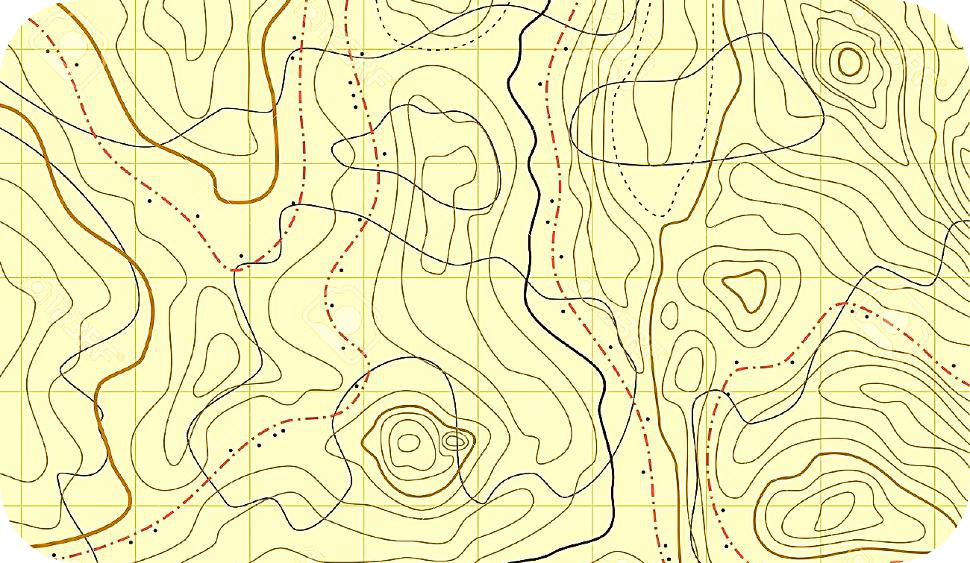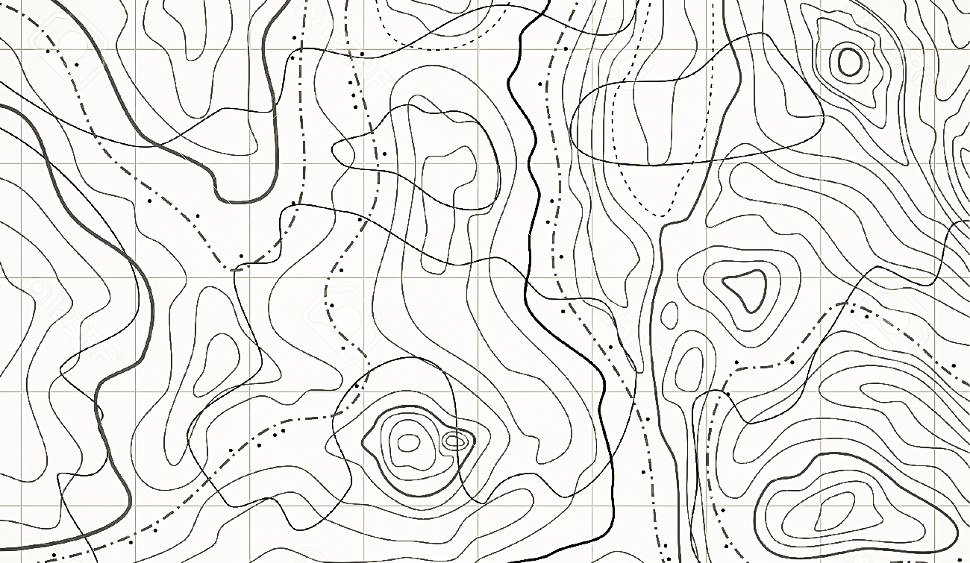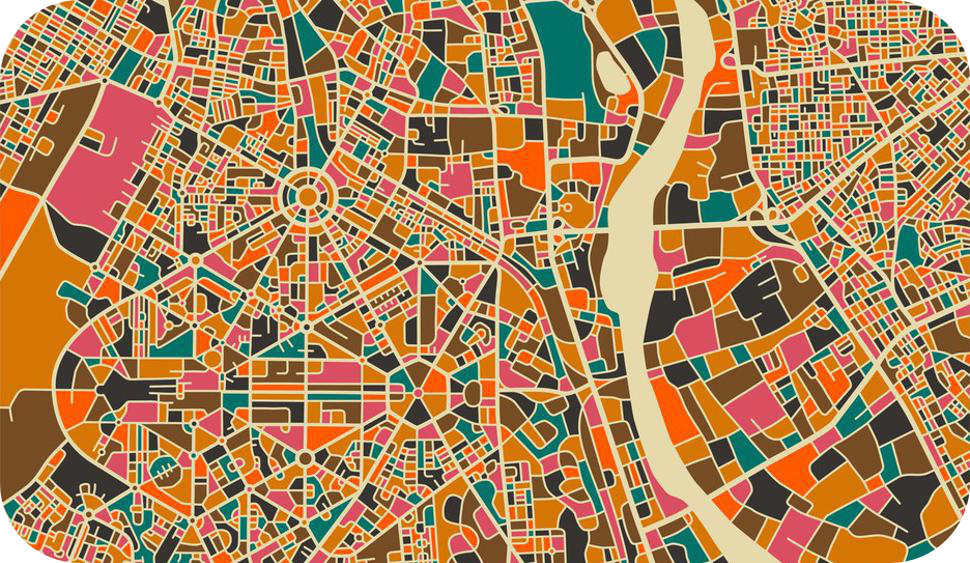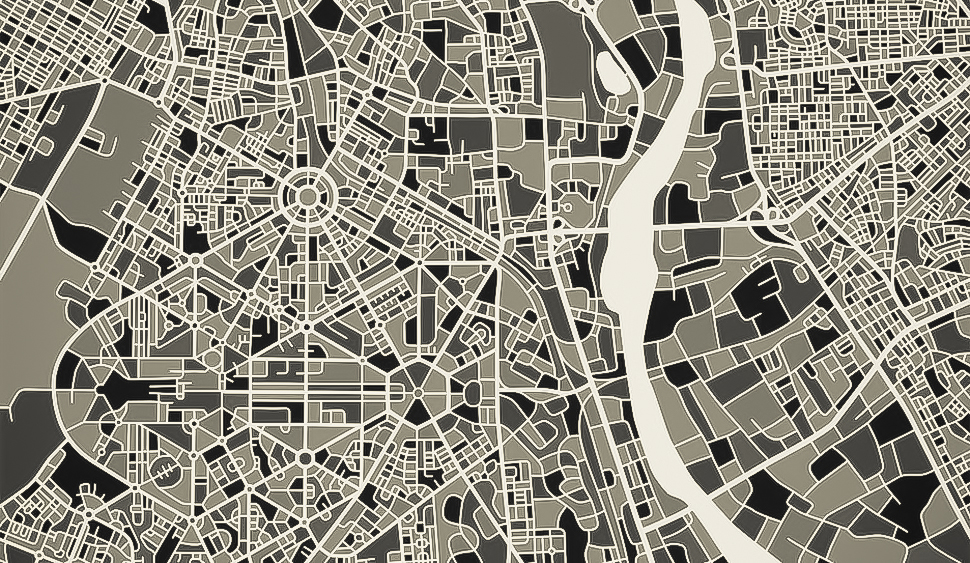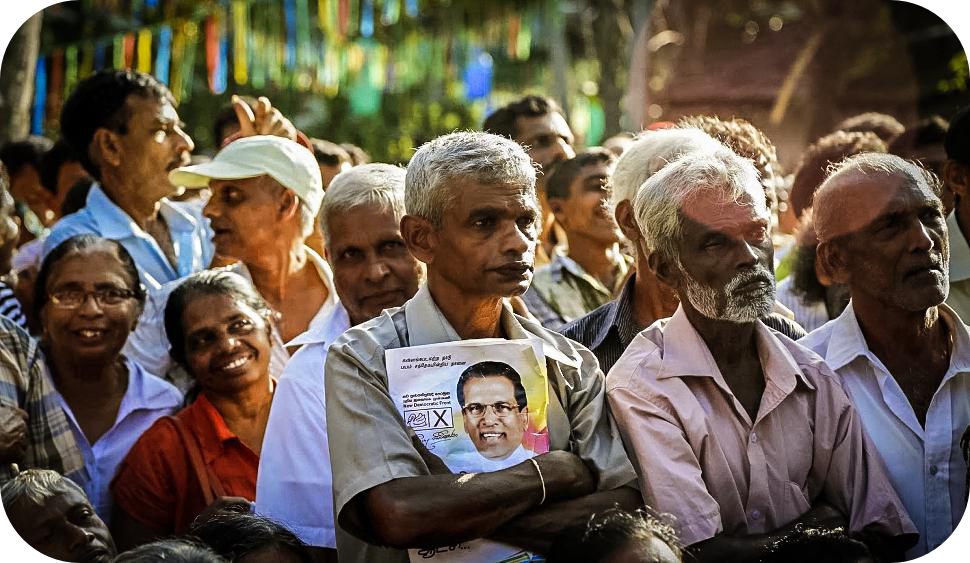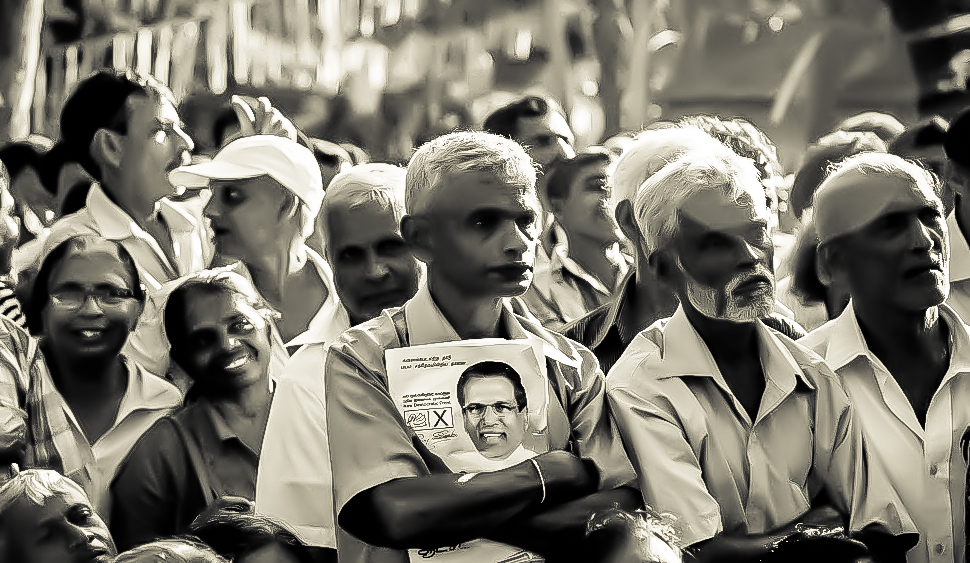
Paanch Saal: Out of the Chrysalis of Dissent |
The Lankan Observer: Indefinite Vigil |
|||
| Vijay Pratap & Mukul Kesavan | 13 February 2015 | Sasanka Perera & Thiranjala Weerasinghe | 6 February 2015 | |
|
In the middle of things, one often forgets how fast certain turning points of history happen. One month ago, the Election Commission of Delhi had just announced the single phase for Saturday, 7 February. Kiran Bedi was not yet known as the BJP candidate. And the AAP was still facing a wide distrust after the general disappointments of last year. In media res, thus, everything took shape, showing how instantly and intensely the homo politicus ignites, readily becoming confident of taking charge of the direction of a city. Strong shoulders were mandatory for the leaders in the spotlight, as the waves of scandals, attacks, accusations, threats and mockery between competitors were not the only resistance: an always larger civil society was more informed, more expressive and critical. And the battlefield would not claim its truce without casualties. The idiosyncrasy of Kiran Bedi would portray her as the face of the BJP’s flop. While the other loser, the Congress, would only remain in its by-now too familiar climate of derision, since no one saw them as a serious contender from the start. Stupefaction, a few days back, as the still young Aam Admi Party not only defeated the hegemonic BJP, but won the near totality of the seats for a historical sweep – the sweep of the broom. As we regain our senses, and as the AAP is emerging out of the chrysalis of dissent, questions keep bursting: Where was this popular wave coming from? What can it achieve? How widely will our governance culture evolve? What dynamics will be instated with the other remaining political forces? This week on LILA Inter-actions, Vijay Pratap reviews several kindred initiatives of the last four decades and rejoices as local dialogue still seems the cornerstone for socialist ambitions. Mukul Kesavan takes notes of the unique and unhoped for turn that these elections have engaged, but he remains concerned about the adaptability of the still predominant force of cultural homogenisation.
|
What a funny creature, democracy: dreamt of millennia back, fought for over centuries by the millions, never achieved, never complete, never granted. In place one day, gone the next. Conspicuously absent for a whole era, and suddenly back from the dead. Democracy plays with us, it provokes the degree of our determination. Democracy throws us in a transe, in a danse, a waltz – the waltz of democracy, at times soothing, often tragic. While democracy displays almost the exhaustive picture of its abuses in a State elections these days, a few miles down the map it brought relief to a nation. Sri Lanka just celebrated its 67th Independence Anniversary, and it did so, led by a new President, Maithripala Sirisena. A surprise, as Mahinda Rajapaksa himself, controversial President for a decade, called for these elections two years before the end of his term – the surviving trust of all the people was expected. The waltz of democracy is leading everyone, politicians, citizens, citizen-politicians. It acquires more momentum, sprouting Springs and alter-globalisations here, but also media propaganda and mono-identity fantasies there. How many successes of the democratic have been forgotten, losing their flavour of celebration behind all the ideological approximations and practical impatiences that democracy still seems to encourage? To continue a series of dialogues initiated last year, and to extend the always vital reflection, this week’s LILA Inter-actions welcomes Sasanka Perera and Thiranjala Weerasinghe. Sasanka Perera sides with the igniting energy of the felt political enthusiasm, but he also measures the real challenges facing Sirisena and each citizen to bring back balance and harmony. Thiranjala Weerasinghe analyses the party dynamics that led to the fall of Rajapaksa, and he looks forward to the shared efforts of a polity aware and energised to prolong the effort and the attention… since the dance is clearly not over.
|
|||
Disclaimer: The opinions expressed by the writers are their own. LILA Inter-actions will not be responsible for the views presented.
Spread the word… |
|||||||
… follow LILA! |
|||||||

